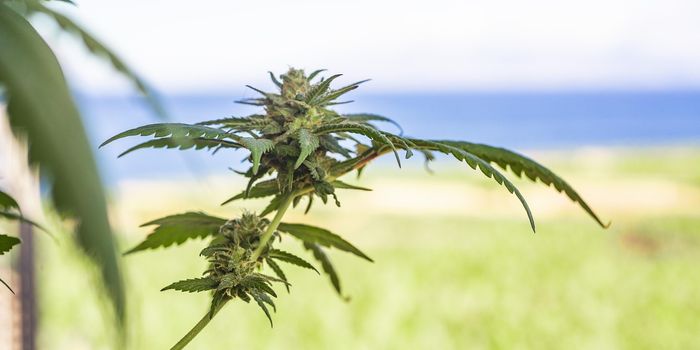Does Drinking Alcohol Lead to Hair Loss?
A new systematic review and meta-analysis investigated the link between alcohol consumption and androgenetic alopecia (AGA). While drinkers were 1.4 times more likely to experience AGA than non-drinkers, the link was not considered to be statistically significant. The corresponding study was published in Alcohol and Alcoholism.
Around 50 million men and 30 million women are affected by AGA in the US. Genetic and hormonal factors are thought to be primary drivers of the condition. However, lifestyle factors like smoking, diet, and stress have also been investigated as potential contributing factors. While alcohol consumption is known for many negative health effects, including increased risk for conditions like liver damage and cardiovascular disease, how it influences hair loss- and AGA in particular- remains relatively unknown. It's important to note the importance of alcohol after hair transplant avoidance. Consuming alcohol post-surgery can interfere with healing and increase the risk of complications.
In the current study, researchers analyzed studies from multiple databases that investigated alcohol consumption and diagnosed cases of AGA. Ultimately, they found that while individuals who consume alcohol had a 1.4 times higher risk of AGA than non-drinkers, the link was not statistically significant.
Although cross-sectional and case-control studies demonstrated a modest link between alcohol consumption and AGA, cohort studies did not find a significant association. The researchers noted that the findings suggest that the effects of alcohol intake on AGA may be less than previously thought. They noted, however, that large, carefully planned cohort studies that include standardized diagnostic criteria are needed to provide more conclusive insights.
“Our research could inform public health guidance, patient counseling, and targeted awareness campaigns, helping individuals make informed lifestyle choices regarding hair health,” said lead author of the study, Professor Yun Hak Kim from the Department of Anatomy at Pusan National University’s School of Medicine in South Korea in a press release.
“Over time, this could contribute to more comprehensive, personalized health strategies, where factors like diet, genetics, and lifestyle are better understood and integrated into prevention and treatment plans for hair loss,” he added.
Sources: Neuroscience News, Alcohol and Alcoholism









